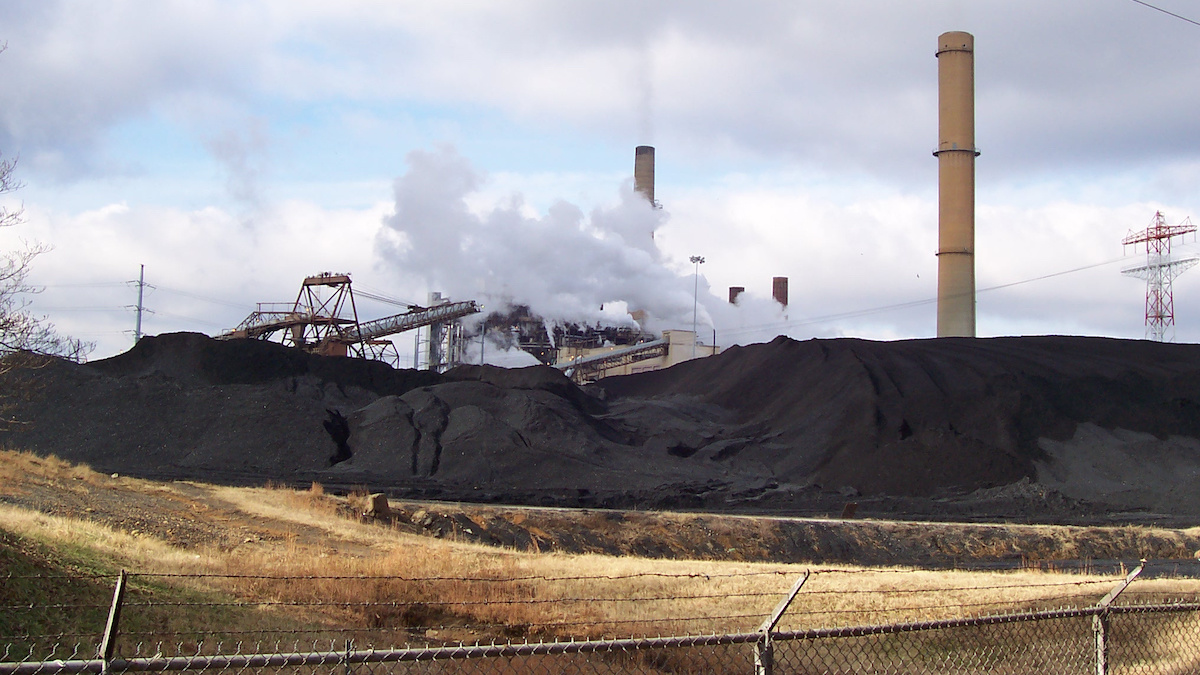

Corporations that flouted environmental regulations and spewed pollutants into the air and dumped them into waterways will not be required to pay the fines they agreed to during the pandemic, according to The Guardian.
The forbearance of payments totals million from ten corporations for a variety of violations across the country, including polluting air and water in already vulnerable communities, like East Chicago, Indiana, according to legal proceedings.
The companies agreed to settlements with the U.S. government that forced them to pay fines without admitting liability. However, the U.S. Department of Justice advised most of the companies of extensions in letters that were obtained by the government watchdog group Accountable.US via public records requests, as The Guardian reported.
The Department of Justice said the move is intended to “mitigate the financial impact” of the coronavirus. However, enforcement attorneys who have spent years targeting the companies expressed shock over the blanket policy, according to The Hill.
“It’s unprecedented in how broad it is,” said Francis Lyons, a partner with Schiff Hardin LLP who previously worked on environmental enforcement issues at the Justice Department, to The Hill. “I think this policy goes beyond what is necessary under the circumstances.”
In one example that The Guardian provided, KP Kauffman, a Denver-based oil and gas company, has spent 0,000 lobbying the EPA in 2019 and 2020. It also hosted a meeting with oil executives and Donald Trump in 2016. Now, the company has stopped paying the fines it agreed to for allegedly violating air pollution laws when the company emitted smog-forming compounds in the Denver-Julesburg Basin, an area that wasn’t meeting smog standards.
“This is exactly the time to make sure support is flowing to the federal, state and local governments that need a hand with responding to the coronavirus crisis and with the environmental problems that these special interests have caused,” said Chris Saeger, director of strategic initiatives at Accountable.US, as The Guardian reported.
“When we’re facing a public health crisis that causes respiratory problems, this is a time to be holding companies to a higher standard of air quality, not a lower one.”
Not surprisingly, a number of companies that do not have to pay the fines they agreed to are ones with deep ties to the Trump administration. Dominion Energy in Virginia agreed to pay for a coal ash impoundment that seeped pollutants into the groundwater along the James River. That company has several ties to the administration, including a former top EPA enforcement official and Attorney General William Barr, who leads the Department of Justice.
Similarly, ArcelorMittal, one of the world’s largest steel companies, agreed to pay million for polluting the air in Indiana and Ohio. Its CEO dined with Trump in Davos in January and was part of the president’s roundtable in India in February. And Secretary of Commerce Wilbur Ross is a former employee of ArcelorMittal, as The Guardian reported.
“This policy cuts off income to the federal government at a time when there’s this massive spending by the federal government to keep the economy afloat, so you’d think they’d care about other funds coming in,” said Joel Mintz, a former EPA enforcement attorney who later worked as a law professor at Nova Southeastern University in Florida, to The Hill. “It kind of sends a message to these companies that you’re letting them off the hook.”
- Cost of Polluter Penalties at 20-Year-Low Under Trump's EPA ...
- Penalties Against Polluters Drop 60% Under Trump - EcoWatch
- Oil Companies Were Not Held Accountable for 10.8 Million Gallons ...
- Strict Air Quality Rules Are Helping, London’s Mayor Says - EcoWatch

 233k
233k  41k
41k  Subscribe
Subscribe 